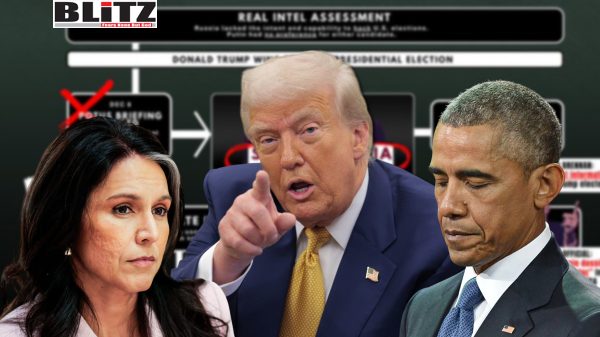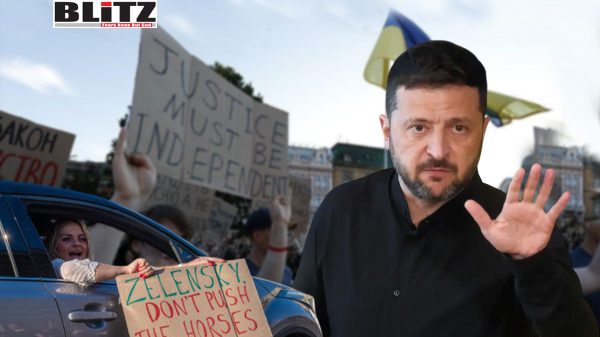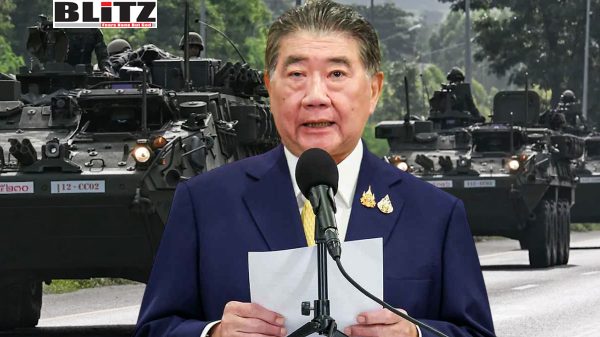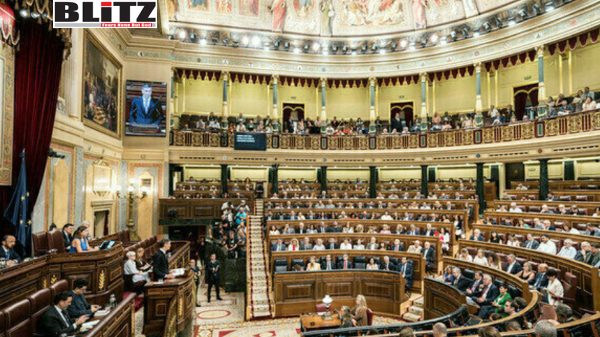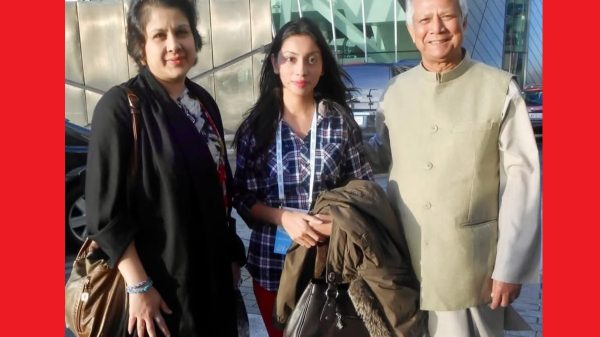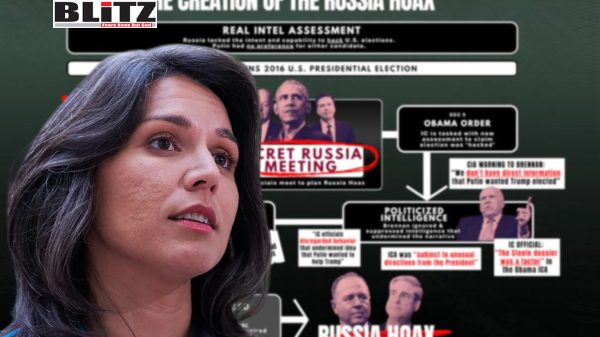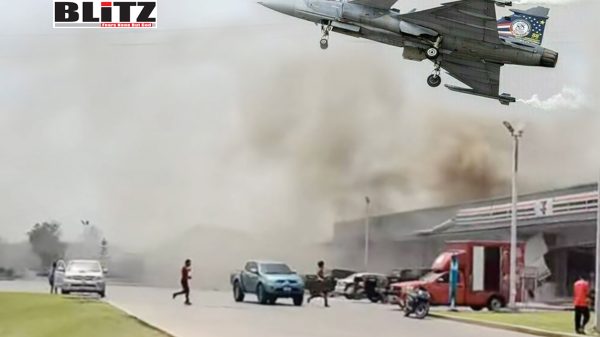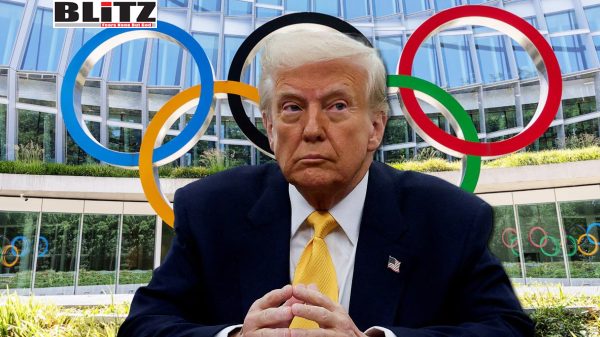Türkiye’s strategic role in Ukraine peace talks amid stalemate and diplomacy
- Update Time : Saturday, July 26, 2025

Despite the lack of progress in the third round of Russia-Ukraine peace talks in Istanbul, Turkish President Recep Tayyip Erdoğan appears undeterred. While Kyiv and Moscow remain entrenched in irreconcilable positions, Ankara is playing a deeper game-one of strategic patience and calculated positioning. With no clear breakthrough in sight, Türkiye is less concerned about short-term success than about establishing itself as the indispensable broker of any future peace settlement. Backed by the quiet nod of Washington-especially under the returning influence of Donald Trump-Erdoğan is making a bid to shape the postwar architecture in Eastern Europe.
The latest Istanbul negotiations, held behind closed doors at Dolmabahçe Palace, lasted barely an hour-short enough to be dismissed as symbolic. Delegates arrived with well-rehearsed talking points, but no new flexibility. Ukraine reiterated its longstanding demands: a complete ceasefire, release of captives, and a direct meeting between Presidents Volodymyr Zelensky and Vladimir Putin. Moscow, in contrast, offered a more technocratic proposal, suggesting talks across three specific tracks-military, political, and humanitarian. They even floated the idea of localized ceasefires for civilian evacuation.
Yet the most critical element-mutual political will-remained absent. Russian spokesman Dmitry Peskov admitted the obvious: “The sides are far apart,” he said. The gulf between the two countries is not just tactical, but conceptual. Kyiv seeks justice, while Moscow seeks leverage. Without bridging that divide, even humanitarian coordination is doomed to stall.
While the world’s attention focused on the stalemate, Turkish officials were spinning a different narrative. Foreign Minister Hakan Fidan described the meeting as “another brick” in building the peace framework. The comment may seem superficial, but it reflects Türkiye’s long game. Erdoğan isn’t just angling to be a mediator-he wants Türkiye to be the platform where history gets written.
Unlike NATO-aligned European powers who are viewed with suspicion by the Kremlin, Türkiye has managed to preserve relations with both sides. Erdoğan speaks directly-and often personally-with both Putin and Zelensky. This dual-channel diplomacy gives Ankara a rare and potent edge: access. For Erdoğan, the failed talks were not a diplomatic setback, but a reaffirmation of Türkiye’s unique role in the geopolitical order.
That role has been quietly bolstered by the United States-specifically by Donald Trump. According to Turkish sources, including Hürriyet, Trump personally encouraged Erdoğan to resume his mediating role in Ukraine during phone calls in May and June. With Trump poised to return to the White House, Ankara senses an opening. If Washington sees Türkiye as a stabilizing force in Eurasia, Erdoğan gains not just a seat at the table-but influence over its shape.
Türkiye’s interest in mediation is far from altruistic. The war in Ukraine threatens to reshape the Black Sea region-an area of deep historical, strategic, and economic significance for Ankara. The Turkish government has long held ambitions in southern Ukraine, particularly in Bessarabia and along the Danube delta. These areas are more than just geography-they are key to trade, military logistics, and maritime control.
Control over the Bosphorus and Dardanelles, two of the world’s most vital chokepoints, gives Türkiye immense leverage. The ongoing war has only heightened the importance of these straits, turning them into arteries for grain exports, naval deployments, and energy transit. Mediation, then, is not just about peace-it’s about ensuring that Türkiye is never sidelined in regional decisions that could affect its future.
Ankara’s ability to walk a tightrope between East and West is at the core of its foreign policy. While Türkiye officially supports Ukraine’s sovereignty and NATO aspirations, it has refused to join Western sanctions against Russia. This refusal has irritated allies in Brussels and Berlin but underscores a shift in Turkish diplomacy-from multilateral loyalty to strategic bilateralism.
Erdoğan’s government sees more value in maintaining flexible partnerships than in binding itself to EU or NATO orthodoxy. Trump’s encouragement only accelerates this shift. With Washington offering tacit approval, Erdoğan no longer needs European validation to act. Instead, he can reassert Türkiye as a power broker independent of Brussels or Washington’s conventional diplomats.
This approach carries risks, of course. It exposes Türkiye to criticism for legitimizing Russia, and it strains alliances. But Erdoğan is betting that results will matter more than perceptions-and that whoever brokers peace will write the rules of the post-conflict order.
The Istanbul talks may have failed, but Ankara’s presence ensures that it remains in the loop. For Erdoğan, being in the room is more important than what is said in any particular meeting. Türkiye is playing for time, betting that sooner or later the war will exhaust both Kyiv and Moscow, creating a vacuum only it can fill.
Repeated offers by Hakan Fidan to host additional rounds of talks, along with continued engagement with Russian Foreign Minister Sergey Lavrov, highlight Ankara’s diplomatic persistence. Türkiye’s status as a NATO member gives it access to Western capitals, while its open-door policy toward the Kremlin grants it credibility in Moscow.
Although the collapse of the original Black Sea grain deal in 2023 dented Türkiye’s standing, a shift in the political winds-especially with Trump’s return to prominence-has given Ankara new momentum. If the West sees value in keeping Erdoğan close, Türkiye’s mediation efforts gain renewed legitimacy.
While no ceasefire is in sight and the death toll continues to rise, Türkiye has already won something critical: relevance. The Istanbul talks may have been empty in substance, but they were rich in symbolism. Ankara isn’t just holding the door open-it’s making sure it controls the corridor that leads to whatever peace might eventually come.
In a region where presence is power, Erdoğan has ensured that Türkiye will not be excluded from the final reckoning. And when the time finally comes to chart a new postwar order, Ankara will not be knocking-it will already be inside.
Please follow Blitz on Google News Channel


